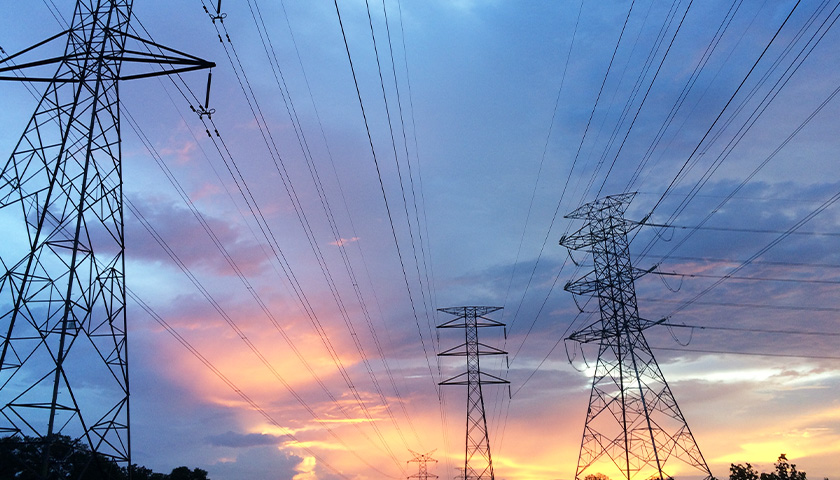by Doug Mastriano
Pennsylvania earned a dubious distinction recently that underscores the economic pain wreaking havoc statewide for millions of residents struggling to make ends meet.
We, along with four other states, account for 69% of all 3.6 million utility disconnections between January 2020 and December 2021, according to a report from the Center for Biological Diversity.
It gets worse.
The number of residents seeking payment plans for overdue utility bills spiked 158% this year alone, according to data from the Pennsylvania Public Utility Commission (PUC), amid unprecedented increases in energy costs doomed to climb even higher in the coming months.
Just 1% of the roughly 10,700 customers seeking service reconnection got approved for these plans – and only if their credit reports and payment histories passed muster. The process can take as long as seven days, during which times service could remain shut off. Electric companies disconnected more than 108,000 residents through June, representing a 10% increase over 2021.
Even worse still, the PUC’s income limits for preventing shut-offs in the colder months mean customers earning more than $14 per hour don’t qualify for relief. A Wall Street Journal analysis from December 2020 purports roughly half of families – of whom the report considers “middle class” – make between $26,000 and $122,000 annually.
That means the vast majority don’t fall under the PUC’s automatic shut-off moratorium and must overcome often insurmountable financial hurdles and additional charges to restore service during the dead of winter. It’s a recipe for disaster that will cause an untold number of preventable deaths and seal a fate many lawmakers, including myself, warned of when Gov. Tom Wolf began implementing short-sighted environmental policies via executive fiat.
The worst offender of Wolf’s climate legacy is the Pennsylvania Department of Environmental Protection’s hurried effort to join the Regional Greenhouse Gas Initiative (RGGI). The program uses carbon taxes to artificially limit emissions from the power sector, awarding the Wolf administration brownie points among the progressive arm of the Democratic party while saddling utility customers with skyrocketing electricity costs during an unfolding economic crisis.
Earlier this year, the Independent Fiscal Office’s analysis confirmed RGGI would cost nearly four times more than the DEP first projected, quadrupling energy costs for utility companies. Despite the pause on Pennsylvania’s entry into RGGI amid a legal challenge, electric suppliers said the program’s impact accounted for some of the double-digit rate increases implemented on June 1.
It’s important to note here that the Center for Biological Diversity said this “massive wave” of power shut-offs across the country predated Russia’s invasion of Ukraine, though the resulting volatility in oil and gas prices only made utility bills more unaffordable.
The report also pointed to a dozen companies that instigated over three million disconnections in 2020 and 2021 that then increased shareholder payouts by $1.9 billion. At least two of those suppliers, Exelon and First Energy, operate in Pennsylvania.
Colder weather is right around the corner and so, too, are guarantees that energy costs will keep climbing. Geopolitical instability coupled with skewed energy policies at the state and federal level mean residents will struggle to heat their homes and keep the lights on this winter.
All the while, shareholders will grow richer and their government friends will continue subsidizing tax breaks for greener technologies – like electric cars and solar panels – that few can afford.
It’s unconscionable that electricity rates in Pennsylvania, one of the nation’s top energy producers, have grown so wildly unaffordable that our residents can’t keep up anymore. The Wolf administration owns this policy failure and would rather sacrifice lives than admit its mistake – and that’s not hyperbole.
We must abandon RGGI and focus on policies that support Pennsylvania’s energy production, create jobs and raise incomes so Pennsylvanians can thrive – not merely survive – in the years to come.
– – –
Senator Doug Mastriano represents Pennsylvania’s 33rd district in Adams and Franklin counties.
Photo “Transmission Towers” by Pok Rie.








